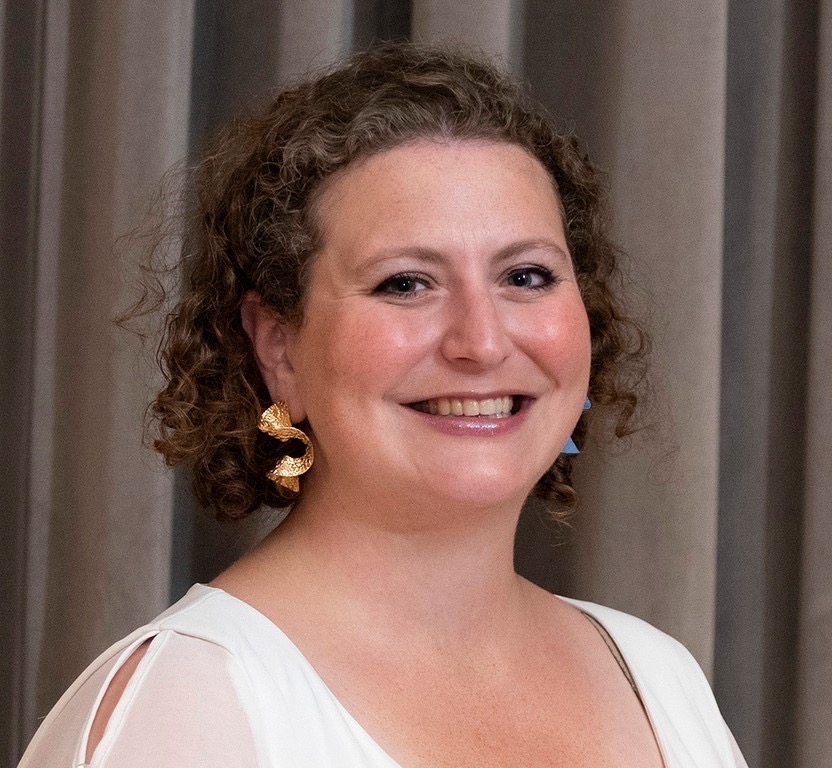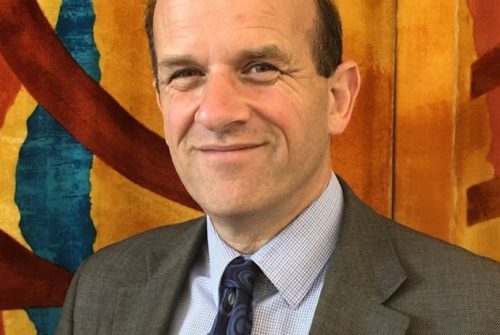I’ve never had a Christmas tree, but I feel like my sukkah fills that void in my life. I have a box of decorations that for most of the year is tucked away in our storage room, but was excitedly extracted on Thursday evening. We rifled through memories of laminated posters purchased when we first put our sukkah up as an engaged couple, and decorations the kids have made over the years (and kindly trying to decide if they could withstand another week in the rain). In late December and early January, I will often try and make a trip to one of our local garden centres, where inevitably they will be selling off lots of their Christmas baubles, many of which in garden centres have fabulous agricultural themes. I have found beautiful bejewelled pomegranates, glittery pears, and a few years ago, a box of snake gourd decorations (It’s a kind of squash that I hadn’t previously heard of!) These were perfect for the sukkah, though frankly I don’t know who is decorating their Christmas trees with snake gourds. We have beautiful wooden baubles painted with Indian flower designs, and glass gherkins I found in the 2020 January sales in a high street store. The collection has, frankly, grown so big, that this year the kids decided we should focus on baubles with a fruit theme (though a few flowers and one gherkin did sneak in too).
So on Thursday night, in the early evening sunshine, we chose, we hung, we laid out some ornamental cabbages I picked up as table decorations for this year. We laughed at some of our sillier treasures, and tried to remember when the kids had made a laminated dangling Etrog, lulav and pomegranate. We fully embraced the idea of hiddur mitzvah – the beautification of a mitzvah. It was particularly lovely to do so this year because last year, the forecast had been so terrible, we’d only decided to bother putting the sukkah up at the very last minute and we barely decorated it at all. And then of course it drizzled a bit in the early hours of each day but after a bit of drying things down, we were able to sit in our sukkah most of the week. So this year I was determined things would be different! We would enjoy the hiddur part of the mitzvah, and it would all be fine.
3 hours after the hiddur – the beautification was complete (and you can see the finished article in our image of the week…) the rain started. It has barely stopped since. In some ways we are lucky – at least two of our friends had their sukkot blown down over the course of Thursday night. Ours is just sodden. If we look at the weather forecast, it is perhaps all we could expect of 2020, although I am still holding out hope that it will become like last year and just rain for an hour a day allowing us to dry out and enjoy being in the sukkah each day.
But the reality is, I have no power over whether or not that happens. After all our efforts, we don’t know whether we will be able to sit and enjoy the baubles, memories, and company (even though that too is reduced this year). However much we plan and prepare, we can’t ensure we will be able enjoy all that we have invested time and effort into.
We might not need this lesson in 2020, but for me it is one of the most poignant things about Sukkot. We are reminded of how fragile life is, and the limits of our control over the world around us. Growing up we had a poster on the back door of our downstairs loo that read ‘life is something that happens while you’re planning something else’. I often think of this at sukkot, which will happen regardless of whether we are ready, and irrespective of the weather. Sukkot and mother nature don’t care about our plans. Perhaps it is also a reminder of our rootedness in climates somewhat warmer than these here in the UK!
So at sukkot we are reminded that the fragility of life sits alongside the fact that we cannot always control events as they happen around us. Sukkot asks us to accept our limits, and to know that we aren’t in charge of everything, particularly when it comes to nature. But Sukkot also has another lesson for us. Sukkot is known as z’man simchateinu – the season of our joy, and it is meant to be joyful. If it rains, we move inside to stay warm and safe and happy. We adapt, we prioritise comfort and joy over mitzvot and ritual. This year more than ever we have learnt to adapt, to steer a new course, to find ways to celebrate together even when it isn’t the ideal. Sometimes in doing so, we have learnt new things about ourselves, and about community. Over the last week we have been completely bowled over not only by the emails of thanks for what was provided over the High Holidays, but the many people who discovered connection and spirituality they just hadn’t expected to be possible this year. That is not to say we don’t prioritise the need to do things together once again – it is of course the preferred path, just as sitting in our sukkot is the preferred path. But if sitting in the driving wind and rain will make us miserable and even sick, we steer a different course, losing something, but grasping onto what joy and learning we can. Sukkot really is the festival that best summarises what it has been to live through this extraordinary year. The best laid plans of so many of us have had to be set aside this year in order to protect one another. As a result we have found new ways to connect, new ways to celebrate, new ways to support one another. So even if we don’t get to sit in a sukkah this year, we have perhaps been living through a year of sukkot, a year of battling the storms around us, and dealing with the reality they leave in their wake. We will need to continue a little longer, and we can’t know what the path ahead has in store for us, but accepting our limitations also allows us to continue living with meaning and connection, working together to grasp the moment, and once again to find ourselves embracing life in all it’s uncertainty.
May we all be blessed with sunshine and beauty through sukkot and the year ahead, but if this is not to be, may we be blessed with the support and structures to find joy and meaning in the course we are forced to steer through the storm. Cain Yehi Ratzon, may this be God’s will. Venomar Amen.




